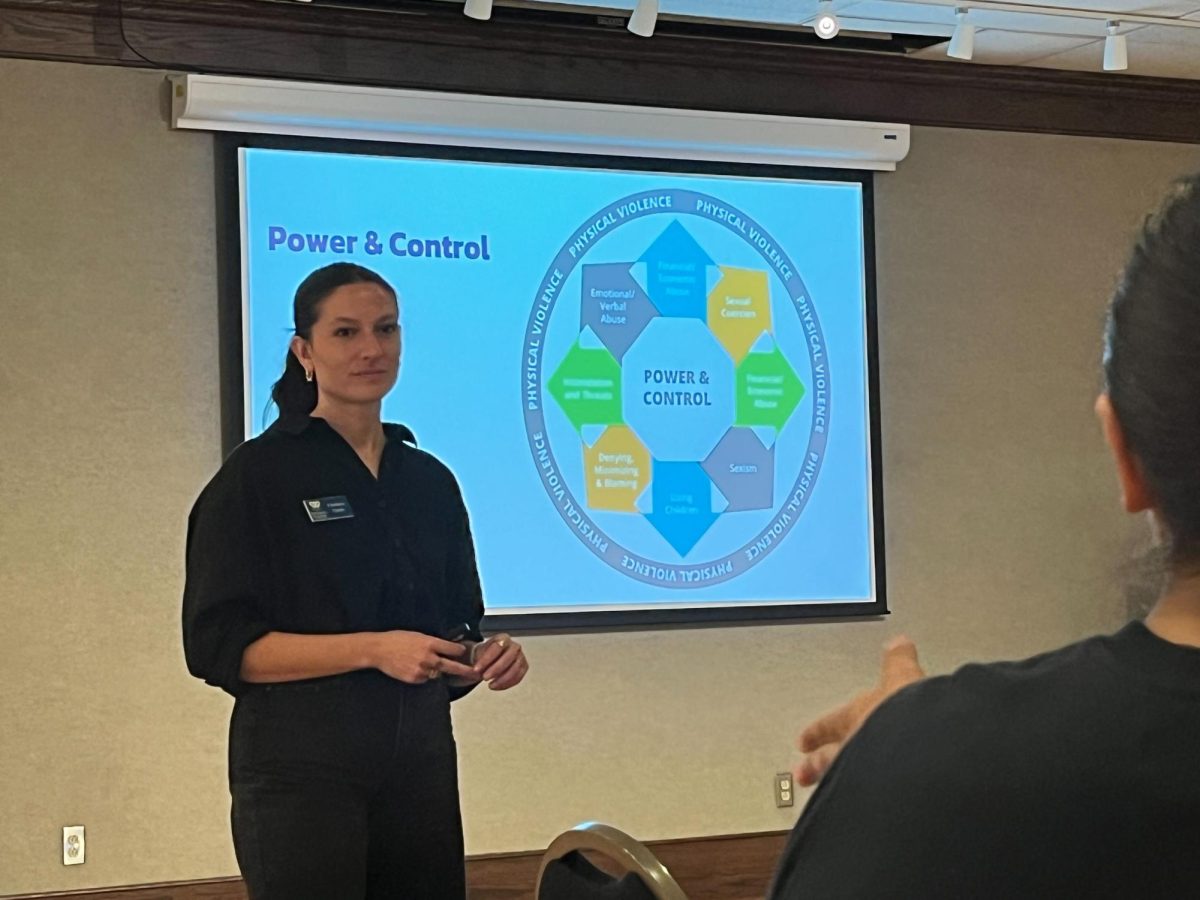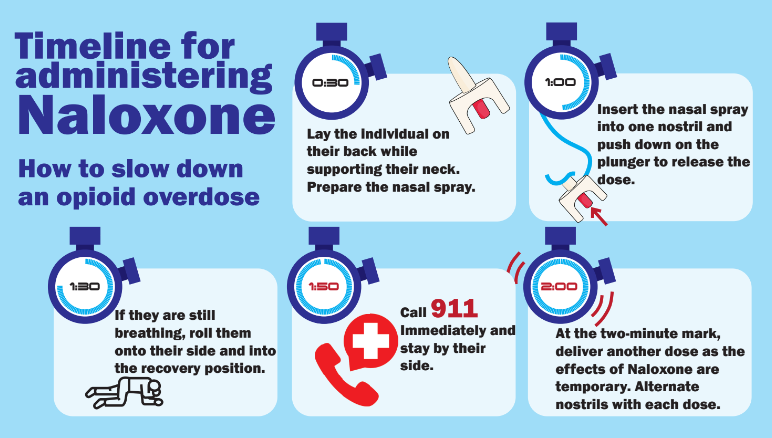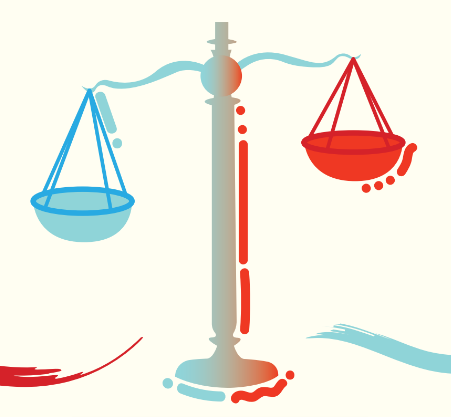As the opioid epidemic continues to escalate, DEA Special Agent in Charge Eduardo Chavez talked on Oct. 16 about the harsh realities of the growing fentanyl crisis.
Speaking to TR students, the agent detailed the alarming statistics surrounding opioid overdoses and the importance of awareness and prevention.
“I do not say this lightly, fentanyl is by far that most deadliest illicit drug that I have ever seen in my career,” Chavez said.
Chavez explained that fentanyl is often disguised as other pills. He described the lack of quality control in manufacturing, where potency and composition of each pill varies, noting that even the small variation in dosage can be fatal.
A deadly dose is only two milligrams, making it significantly more dangerous than other drugs. The use of fentanyl in medical environments is controlled by micrograms.
He emphasized the importance of understanding the risks associated with fentanyl pills and the need for better regulation and control in their production.
Fentanyl affects all, it’s nondiscriminatory impact across all socioeconomic and demographic groups.
Rachel Phillips and Linda Kelly were attendees that share a more emotional connection to the topic. They both had a family member pass away from a fentanyl overdose.
Kelly’s 17-year-old grandson spoke to his mom saying goodnight before he went to his bedroom. His sister went into his room and found him. He took a pill he thought was Xanax.
“It was a completely silent event,” Kelly said. “That’s how fast it came and went.”
Phillip’s 44-year-old brother, an addict in recovery, also died from a fentanyl overdose. Her brother didn’t know what he was taking, he had been out of the scene for a while.
“He was actually in the recovery industry for years before he relapsed as a peer support specialist,” Phillips said.
Both are now part of nonprofit organizations that try to bring awareness to the fentanyl epidemic.
“It’s universally nondiscriminatory in how it will just grab a hold of you because of how powerful it is,” Chavez said.




































